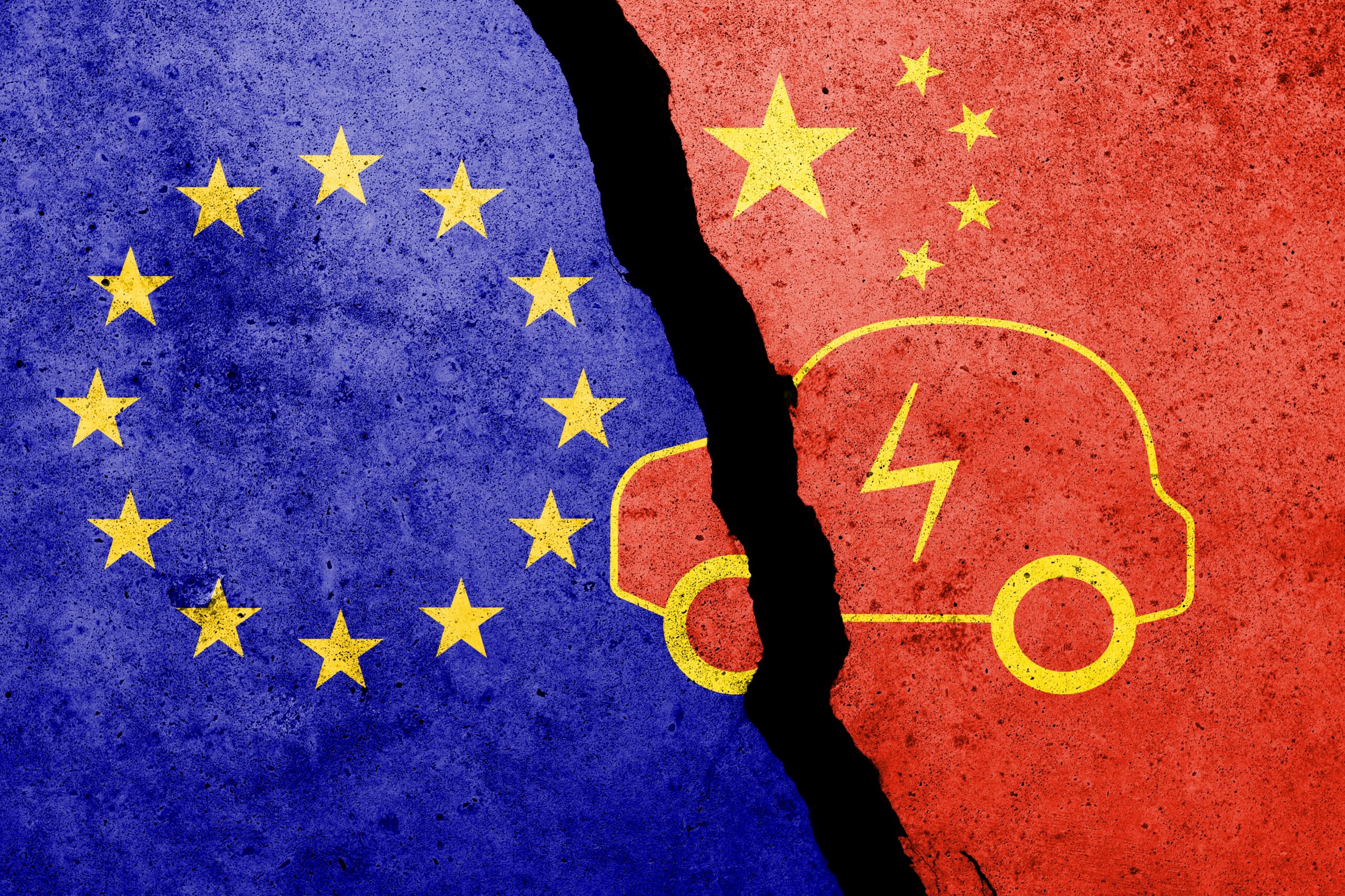Volkswagen Considers Closing German Plants As Chinese Cars Dominate EU Market

Volkswagen (VW) may soon shutter some of its German plants as the automaker struggles to compete with a growing influx of cheap cars from China that are flooding the European market. VW CEO Oliver Blume recently described the European automotive industry’s situation as “demanding and serious,” signaling the potential for significant changes within the company.
Chinese carmakers have been rapidly increasing their presence in Europe, capturing a record 11% share of the market in June. These vehicles, often sold at lower prices due to heavy subsidies from the Chinese government, are making it difficult for European manufacturers to keep up. In response, Volkswagen is considering closing some of its plants in Germany, a move that would mark the first time the company has shut down a facility in its home country.
The European Union has taken steps to counter the surge of China-made vehicles by imposing temporary tariffs on Chinese electric vehicles (EVs). However, experts warn that these measures may not be enough to slow the growth of Chinese automakers, who are expected to account for 25% of all EV sales in Europe by the end of the year.
Volkswagen’s decision to potentially close plants in Germany also raises concerns about job security for thousands of workers. The automaker is reportedly considering dropping some job protections as part of its cost-cutting measures, which could lead to significant job losses in the country.
VW has also come under scrutiny for its operations in China, particularly in the Xinjiang region, where accusations of forced labor have been raised. Despite these controversies, the company continues to justify its presence in the region based on economic factors.
As the European automotive market faces increasing pressure from Chinese competitors, Volkswagen’s future decisions will likely have far-reaching implications for the industry as a whole.
























